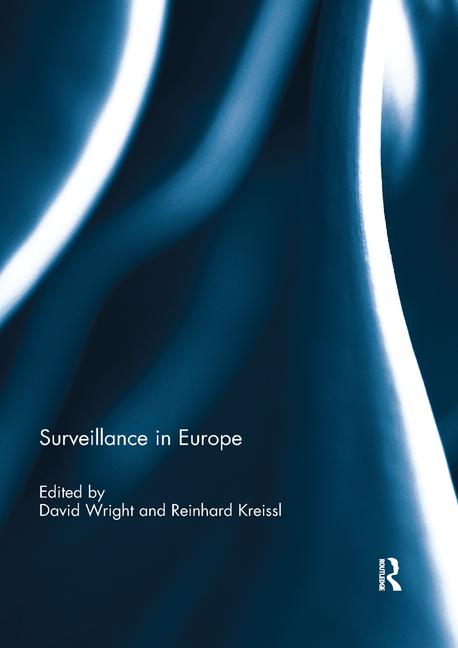Last year, the industry’s eyes took a second look at Michigan as new bills were introduced and backed by some new entrants to the industry — showing promise of spreading to other states. The bills were introduced on Sept. 19 and moved through the legislature at high speed. Despite the security alarm industry, law enforcement and Michigan’s Department of Licensing and Regulation speaking out against them, on Jan. 2, 2013, Senate Bills 1291 and 1292 were signed into state law as Public Acts PA 580 and PA 581.
Effectively, PA 580 and PA 581 weaken the current regulation of security alarm companies that operate in Michigan by eliminating safeguards that prevent convicted felons from owning, operating and monitoring the security systems of Michigan’s homes and businesses.
Before these bills were signed, Michigan law prohibited felons from working any job in the security alarm industry. The legislation could leave Michigan consumers unprotected by banning convicted felons from some areas and not others. “Only three specific job functions are now included for criminal background checks (those requiring face-to-face contact with customers),” the Burglar and Fire Alarm Association of Michigan (BFAAM) said. Though felons would be barred from working at customers’ premises, they could now own, manage and operate a security company, work in administration, technical support, customer service, internal sales and monitoring stations, with no one the wiser.
In addition, PA 580 and 581 state that criminal background checks are required from the Michigan state police or the FBI, instead of both. Employers could even satisfy the requirement with a background check performed by another state.
BFAAM noted that the bills were supported politically and financially by AT&T and the telecommunications industry. According to BFAAM, AT&T’s stated intent was “not to protect the citizens of Michigan, but rather ‘to have as little regulation and oversight as possible’ while operating its new security division in Michigan.”
As large telecommunications and cable companies launch security services nationwide this year, the industry could be faced with copycat legislation in other states.
Deregulation is a heated issue in the security industry. Still, BFAAM fears catastrophic results as companies could legally place convicted felons in areas where they’d have access to user codes, schedules and details on the systems protecting homes or businesses, as well as give them control over monitoring and dispatch.
The new acts can also be confusing in their treatment of licensing and registration requirements. “Current license holders that choose to retain their license will be required to obtain registration under the new acts as they relate to CCTV and access control,” BFAAM explained. “Statute claims the governing agency can only ‘operate’ under the specific guidelines provided in this legislation. It then allows this same agency complete determination of what the requirements are will be for new applicants.”








